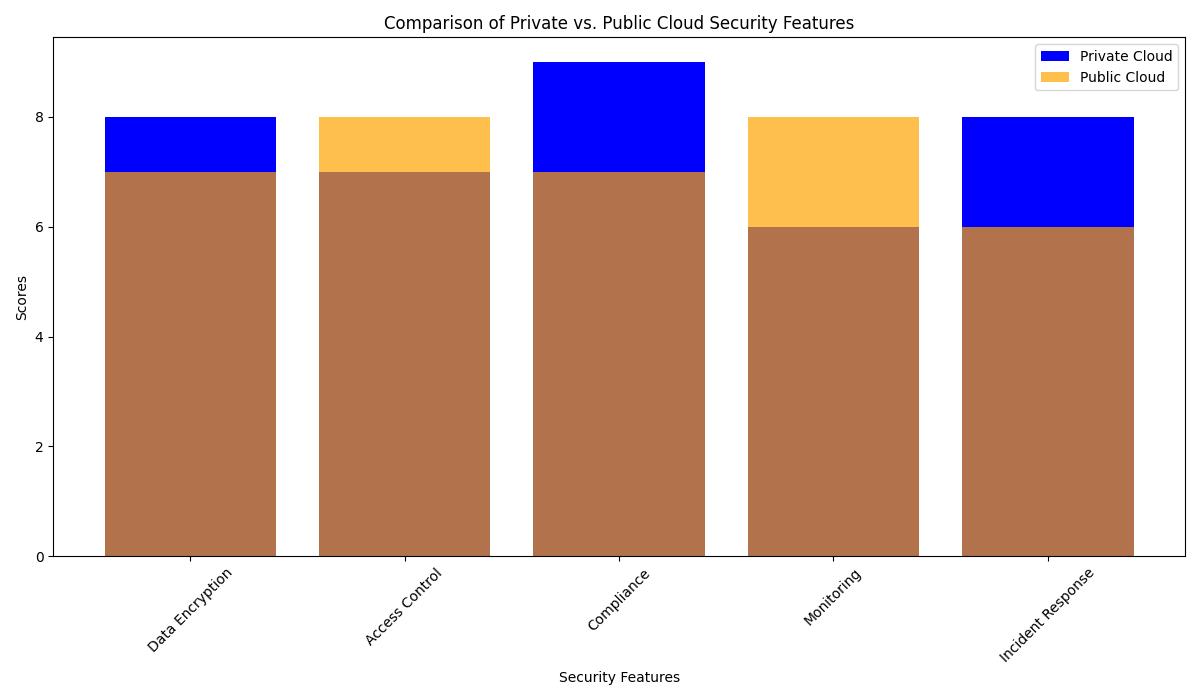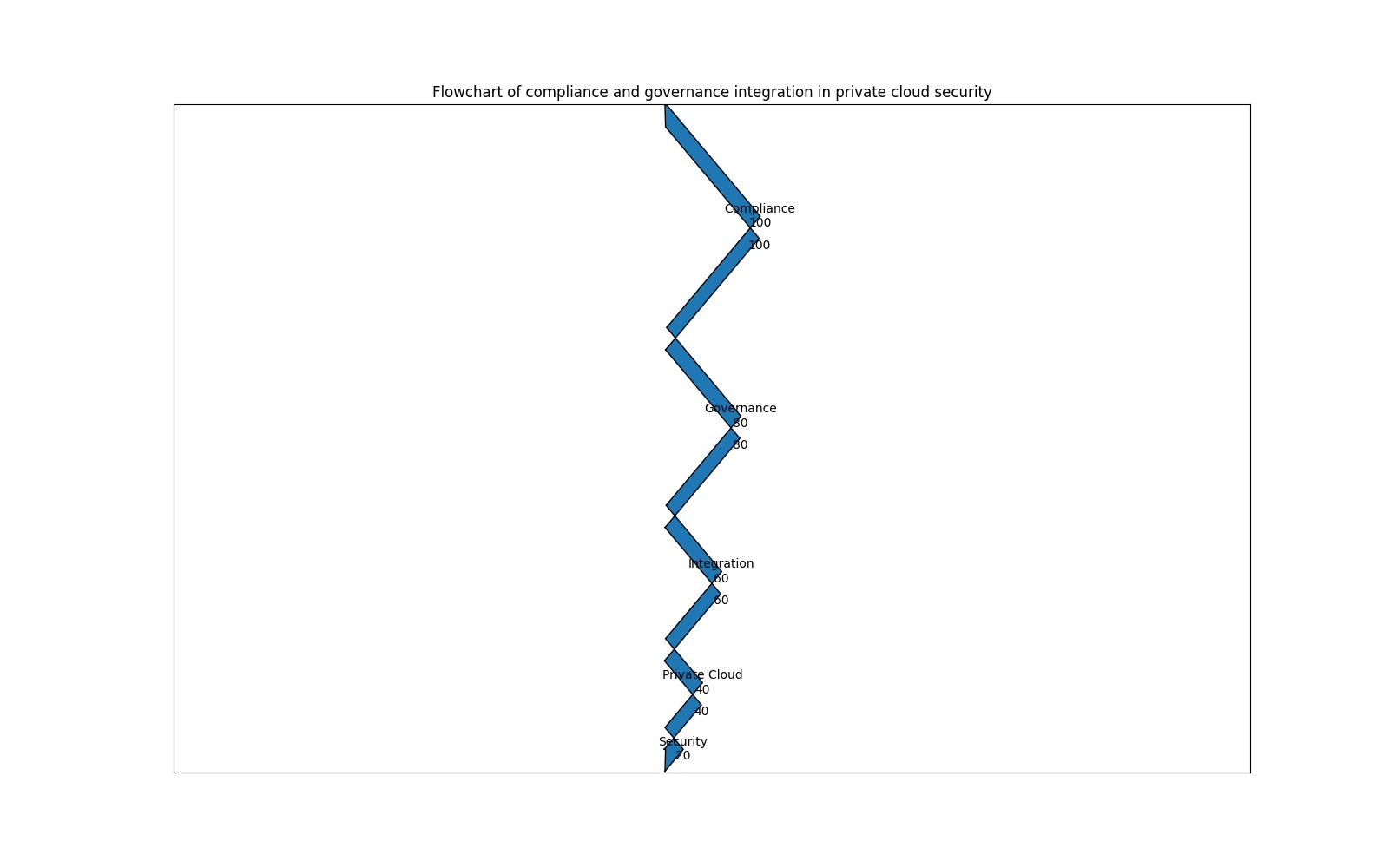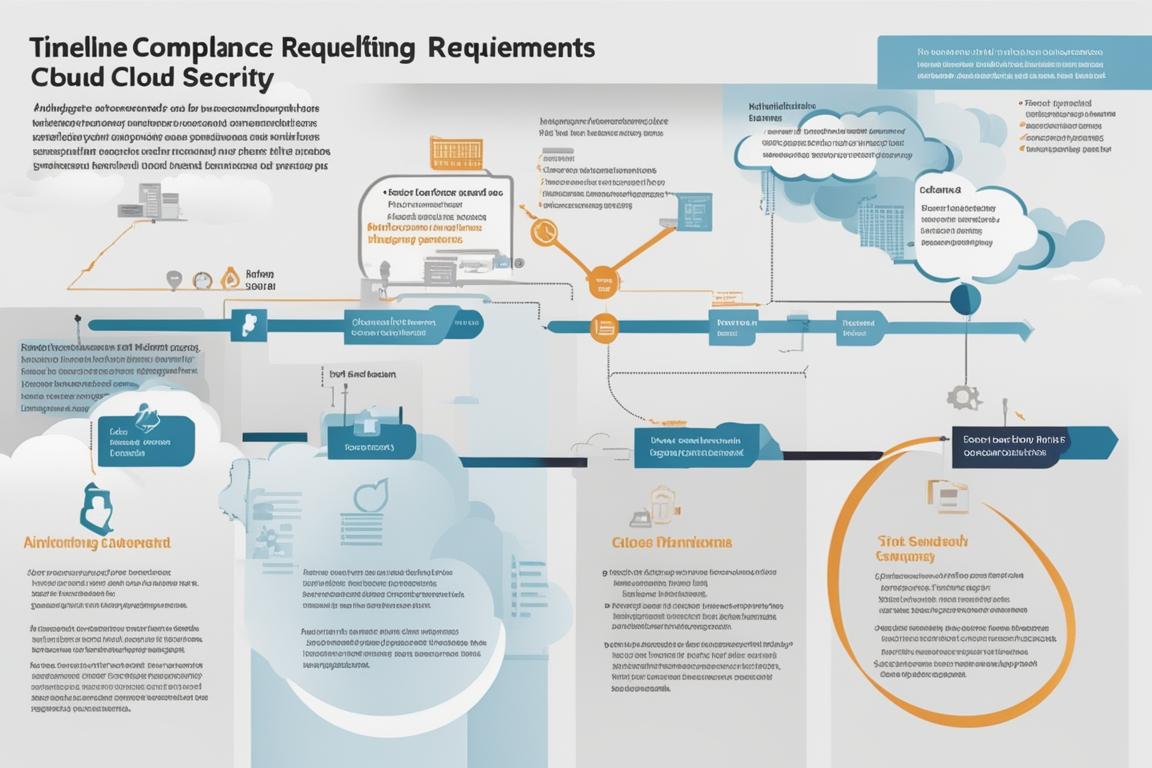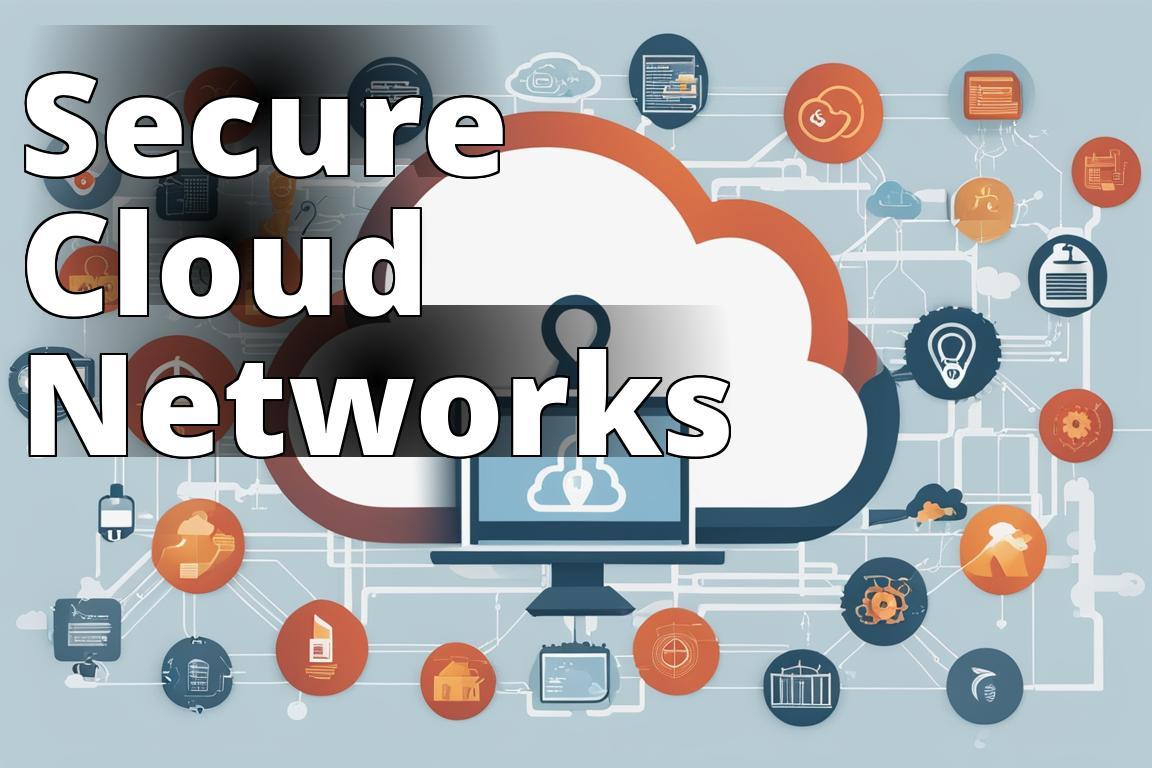Private cloud security isn’t just a necessity; it’s a relentless battle against evolving threats where even the slightest oversight can lead to catastrophic data breaches and financial losses. Unlike their public counterparts, private clouds are often lauded for their enhanced control and security. However, they also come with a unique set of challenges that demand a sophisticated and proactive approach to securing data and applications.
Learn about Private Cloud Security
- Private cloud security is the protection of data, applications, and infrastructure in a private cloud environment.
- Private cloud security best practices include data encryption, IAM, network security, application security, and compliance.
- Challenges in private cloud security include data breaches, misconfigurations, insider threats, and compliance issues.
What is Private Cloud Security?
Private cloud security involves the strategies and technologies used to protect data, applications, and infrastructure hosted on private cloud environments. These environments are exclusive to one organization, unlike public clouds, which host resources for multiple tenants. This exclusivity can lead to a false sense of security if not managed with rigor.
From my personal experience, transitioning to a private cloud was driven by the need for greater control over the security of sensitive data. The revelation came during a routine audit when it became clear that the public cloud solutions we used were too opaque in terms of data handling and access management.
Private cloud security encompasses several layers, including physical, network, application, and user access security, all tailored to an organization’s specific needs. This customization is both a strength and a complexity, requiring a nuanced approach to ensure all bases are covered.
Private Cloud Security vs. Public Cloud Security
When comparing private and public cloud security, it’s essential to understand the fundamental differences in their architecture and management.

Private clouds offer a higher degree of control and customization. This control is crucial for businesses in industries with stringent regulatory compliance requirements, such as healthcare and finance. You can configure the environment precisely to your security needs, which was a game-changer for us during the implementation of GDPR compliance measures.
Public clouds, on the other hand, are managed by third-party providers who handle much of the security. This can be both a boon and a bane. While it reduces the in-house burden on your IT team, it also means you have less control over specific security protocols.
Insider Tip: Always conduct a thorough risk assessment when choosing between private and public clouds, focusing on regulatory compliance needs and the sensitivity of the data involved.
Private Cloud Security Best Practices
Adopting best practices in private cloud security is not optional but critical. Here are some of the most effective strategies:
1. Data Encryption
Encrypt everythingthis has become our mantra. Data at rest and in transit should be encrypted to prevent unauthorized access. Implement robust encryption protocols like AES-256, and manage your encryption keys meticulously. Losing keys can be as damaging as a data breach.
2. Identity and Access Management (IAM)
IAM is the cornerstone of effective cloud security. It ensures that only authorized users can access certain data or applications. We implemented multi-factor authentication (MFA) across all access points, which significantly reduced potential security breaches.
3. Network Security
Securing the network involves deploying firewalls, intrusion detection systems (IDS), and intrusion prevention systems (IPS). Segmentation is also crucialcreating secure zones in the cloud to isolate workloads and protect them from cross-network attacks.
4. Application Security
Application security in a private cloud should involve regular updates and patches, and robust testing protocols. Using application security testing tools can help identify vulnerabilities before they are exploited.
5. Compliance and Governance
Adhering to compliance protocols and governance policies is not just about checking boxes. It’s about understanding the landscape of regulatory requirements and aligning your security measures accordingly. Regular audits and compliance checks should be part of your routine.

Real-Life Scenario: Importance of Data Encryption
John’s Experience with Data Breaches
John, a small business owner, stored sensitive customer data on his private cloud server without proper encryption protocols. One day, he discovered that his system had been breached, and confidential information was compromised. This incident not only led to financial losses but also damaged John’s reputation. Learning from this experience, John implemented robust data encryption measures to secure his private cloud effectively. This real-life scenario highlights the critical importance of data encryption in private cloud security.
Private Cloud Security Solutions
Choosing the right security solutions for a private cloud is critical. These solutions should not only address current security needs but also be scalable to adapt to future challenges.
- Cloud Access Security Brokers (CASBs): CASBs are security policy enforcement points that sit between cloud service users and cloud applications, providing visibility and control over data and threats in the cloud.
- Security Information and Event Management (SIEM): SIEM solutions collect and aggregate log data generated throughout the organizations technology infrastructure, from host systems and applications to network and security devices, providing real-time analysis of security alerts.
- Unified Threat Management (UTM): UTM appliances integrate multiple security features, including firewall, gateway antivirus, and intrusion detection, into a single platform, simplifying the security management and reducing complexity.
Insider Tip: Always tailor security solutions to the specific needs of your private cloud environment, considering factors like your industry, the sensitivity of the data, and regulatory requirements.
Private Cloud Security Challenges
Despite the best efforts and advanced solutions, private cloud environments face several security challenges:
1. Data Breaches
The impact of data breaches can be devastating. They not only lead to financial losses but also damage trust and reputation. In one instance, a misconfigured network in our private cloud led to unauthorized access to sensitive data, which was a wake-up call to enhance our security protocols.
2. Misconfiguration
Misconfiguration is one of the most common causes of security incidents in cloud environments. Simple errors in settings can leave data exposed. Regular audits and automated tools for configuration management can help mitigate this risk.
3. Insider Threats
Insiders pose a significant risk, whether their actions are malicious or accidental. Implementing strict access controls and continuous monitoring of user activities can help detect and prevent insider threats.
4. Compliance and Governance
Keeping up with compliance can be a moving target due to the ever-changing regulatory landscape. Non-compliance can lead to hefty fines and legal issues. It is crucial to stay informed and agile to adapt to new regulations.

Conclusion
Private cloud security is a dynamic and ongoing process that requires vigilance, advanced technology, and a proactive approach. By understanding the unique challenges and implementing robust security practices, organizations can protect their critical data and maintain trust with their clients and stakeholders.
Insider Tip: Always stay ahead of the curve by investing in continuous learning and improvement in security practices. Engage with security communities and experts to keep your security measures sharp and effective.
In the realm of private clouds, security is not just about technology but about creating a culture of awareness and responsiveness that permeates every level of the organization. This approach not only enhances security but also empowers businesses to leverage their private cloud environments to drive innovation and growth securely.
Questions
What is a private cloud?
A private cloud is a cloud computing environment dedicated to a single organization, providing secure data storage and processing.
How can I ensure security in a private cloud?
Security in a private cloud can be ensured by implementing encryption, access controls, regular audits, and security patches.
Who can benefit from using private clouds for security?
Organizations with sensitive data, compliance requirements, or high security needs can benefit from using private clouds for security.
What are the advantages of private clouds over public clouds for security?
Private clouds offer more control, customization, and security for organizations compared to public clouds, which are shared among multiple users.
How do private clouds enhance data privacy?
Private clouds enhance data privacy by allowing organizations to have full control over their data, ensuring that it is not shared with other users.
Isn’t setting up a private cloud for security expensive?
While the initial setup cost of a private cloud may be higher, the long-term security benefits and control over data make it a worthwhile investment for many organizations.
With over a decade of experience in cybersecurity and cloud computing, Amelia Davis is a renowned expert in the field. Holding a Ph.D. in Information Security from a prestigious university, Amelia Davis has published numerous articles and conducted research on private cloud security. Their work has been featured in leading cybersecurity journals and cited in industry reports.
Amelia Davis has also worked as a security consultant for major corporations, helping them implement robust security measures for their private cloud environments. They have a deep understanding of data encryption, identity and access management, network security, and application security, which are crucial aspects of private cloud security. Amelia Davis is dedicated to educating organizations about the best practices, challenges, and solutions in private cloud security to ensure data protection and compliance with regulations.
